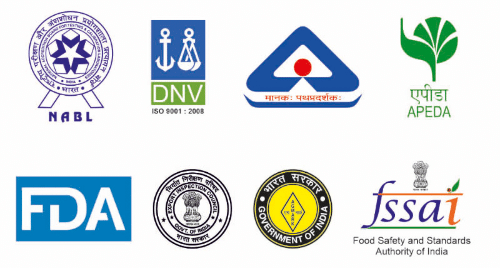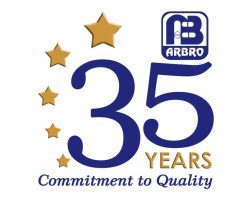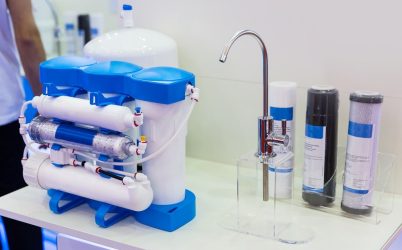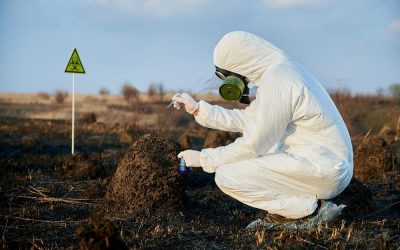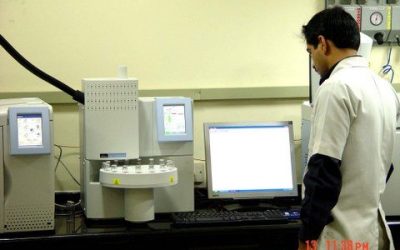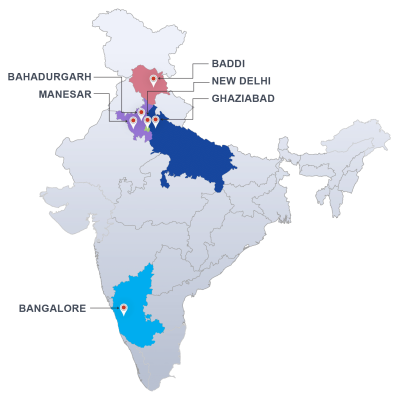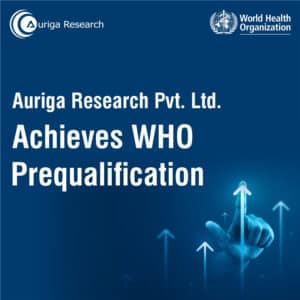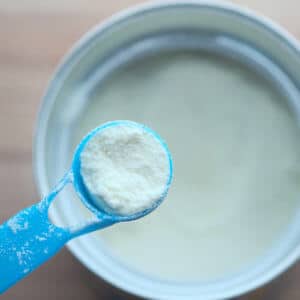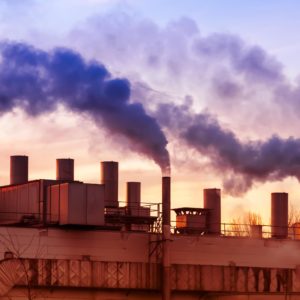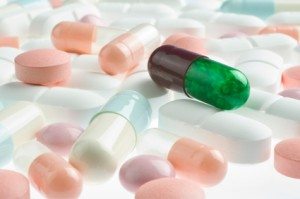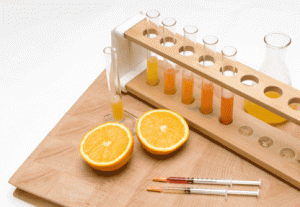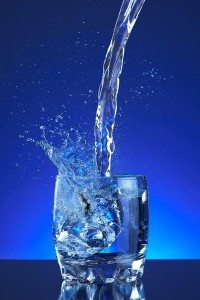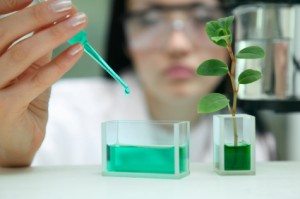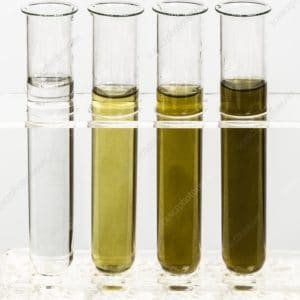We may wonder what makes water hard or soft, whether hard water is harmful or not, why the concentration of certain minerals creates hardness in water, how the hardness of water can be measured and myths that rove around it.
What is hard water?
Hard water contains bicarbonate, sulphate and chloride salts of magnesium and calcium. These impurities react with higher fatty acids present in soap to form insoluble scum which hinders the soaps’ action. Hard water can be divided into two categories;
- Temporary hardness
If the water has presence of bicarbonate salts of calcium and magnesium then by boiling the water, the temporary water hardness precipitates out, settling on surfaces it comes in contact with, such as geyser coils, solar heater coils, taps, inner layer of the pipes, etc.
- Permanent hardness
If the water contains chloride or sulphate salts, then the water cannot be made soft by simply boiling. There are certain methods to make such water soft.
Problems of hard water
In some areas of the country hard water could be a major menace for business owners and households even though it is not dangerous for health but hard water creates several problems in normal functioning of systems.
- Hardness in water causes scale formation in heat transfer equipment, boilers and pipelines.
- Hard water leads to build-up of scale in pipes causing reduced flow of water and eventually clogs the pipes so it becomes essential to clean it quite often or replace it.
- Hard water in cooling towers can reduce the effectiveness of heat transfer. It can also cause corrosion in the towers, leading to costly repairs or replacement of cooling towers.
- In boilers, once scale begins to form on tube surfaces, it creates another layer of material through which heat must pass to get to the water. It further leads to under deposit corrosion and overheating of the boiler tube metal which ultimately defunct the water tubes thereby reducing the lifespan of the boiler.
Hard water in the home
- Build-up in pipes drops water flow and pressure which ultimately requires replacement of pipes.
- The build-up on geysers and kettle reduces heating efficiency of water which will increase your electricity consumption.
- Reduces lathering properties of soaps and detergents.
Hard water in Industry
- It will cause build-up of lime scale in pipes causing reduced flow and damages the pipes.
- Hard water in cooling towers can reduce the effectiveness of heat transfer, causing increased running costs. It can also cause corrosion in the towers, leading to costly repairs or replacement of cooling towers.
- In boilers and similar machines, it will build up and reduce the heat transfer, pushing up operational costs.
- In the textile industry, it can make yarn stiff/scratchy.
- Scale can clog pipes, decrease the life of toilet flushing, clog and ruin your water heaters. For industrial use, water hardness should be monitored to avoid expensive breakdowns.
Myths about hard water
There are several myths and misconceptions about hard water. Let’s debunk the myth and know the real facts;
Hard water is harmful
There is a misconception that hard water is deleterious for our health. However, several researches have revealed that the presence of calcium and magnesium in hard water could serve a small dietary supplement.
Impure minerals found in Water
It is believed that hard water is full of unhealthy contaminants. On the contrary, hard water contains calcium and magnesium. These minerals cannot be considered as impurities in water.
Hard water can be checked as cloudiness in Glasses
Hard water can affect the glass but water hardness does not cause cloudiness. The accumulated deposits on the surface of the glass will make it look stripy.
Purified water is only possible through water softeners.
The fact is water softeners remove and reduce hard water conditions on water with the high calcium content. The main purpose of the water softener is to collect all the minerals from the water.
Kettles get spoiled because of hard water
The elements like calcium carbonate create scaling on the kettle when you boil hard water. It is not unsafe as the kettle could easily be cleaned with a few drops of vinegar.
Hard water is harsh, fades clothes and dries skin and hair
The reality is quite different as it happens due to the presence of chlorine in water and water softeners do not remove chlorine at all.
What is the water hardness scale?
Hard water or water hardness is a common quality of water which contains dissolved compounds of calcium and magnesium and, sometimes, other divalent and trivalent metallic elements.
The term hardness was originally applied to waters that were hard to wash in, referring to the soap wasting properties of hard water. Hardness prevents soap from lathering by causing the development of an insoluble curdy precipitate in the water; hardness in water typically causes the build-up of hardness scale. Dissolved calcium and magnesium salts are primarily responsible for most scaling in pipes. Hardness is usually expressed in ppm.
How to measure water hardness?
For tough estimate you can test water at home with the following method;
- A clear plastic or glass bottle with a cap will be required. Pour about 350 ml of water into the bottle, and leave the cap off for now. Then add nearly 10 drops of liquid dish soap. Be careful while adding the drops as the amount should be exactly the same. The final step is to put the cap on and shake the bottle. If what you used was soft water, you will notice bubbles on the surface of the water. On the other hand, if the water becomes cloudy and no suds form on top, it should be hard water.
- Another method is the use of test strips to test tap water. Hold one end (not the coloured pad part) of the testing strip and dip it in cold water for a second so that colour at the other ends changes. You can compare the colour on the test strip to the chart and find the match. This will give hardness in parts per million of your water.
- For precise and accurate water testing you can get your water sample tested in a laboratory.
Why choose us
Water testing is important for various industries including food and beverages, pharmaceuticals, health, and hospitality. Besides maintaining quality control and reducing the potential risk, water test reports are needed for obtaining licenses, and regulatory compliances.
Our labs are well equipped to provide a wide range of water testing facilities. We are a leading contract research organization and testing lab in India. Our laboratory has been accredited by NABL to the ISO IEC 17025, since 2003. We have a team of over 350 professionals working together to offer you the highest quality of testing services.
With over two decades of experience in lab testing, we have served over 10000 customers to their satisfaction. With pan India footprints, we have testing laboratories in New Delhi, Himachal Pradesh, Haryana, and Bangalore. We can help you comply with water regulatory laws and guidelines. Call our experts for precise and accurate water testing.


